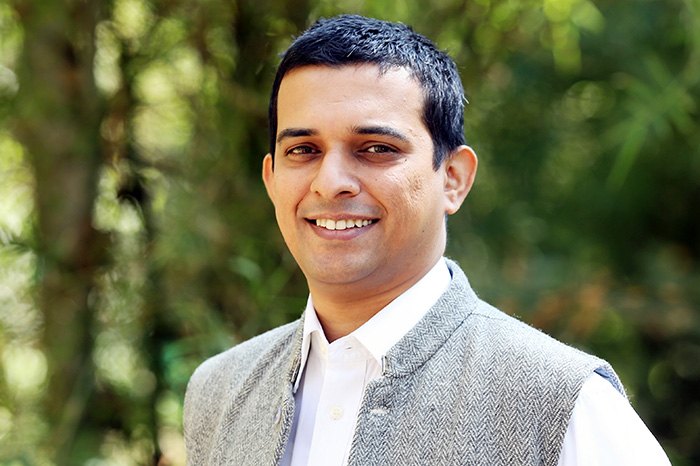
Primary Health Care is the foundation of a comprehensive, community-based approach to health systems - providing preventive, promotive, curative, and rehabilitative services close to communities through three key pillars: integrated services, empowered communities, multisectoral action.
Universal Health Coverage ensures everyone can access essential and quality health services without financial hardship through population coverage, service coverage and financial risk protection.

The PHC4UHC India consortium brought together a multi-disciplinary team with expertise in health economics, anthropology, epidemiology, and social action, and with strong experience in applying mixed methods approaches to health systems research.

Professor
IIM Bangalore

Senior Fellow at the Population Council Institute

Director, Institute of Public Health (IPH) Bengaluru